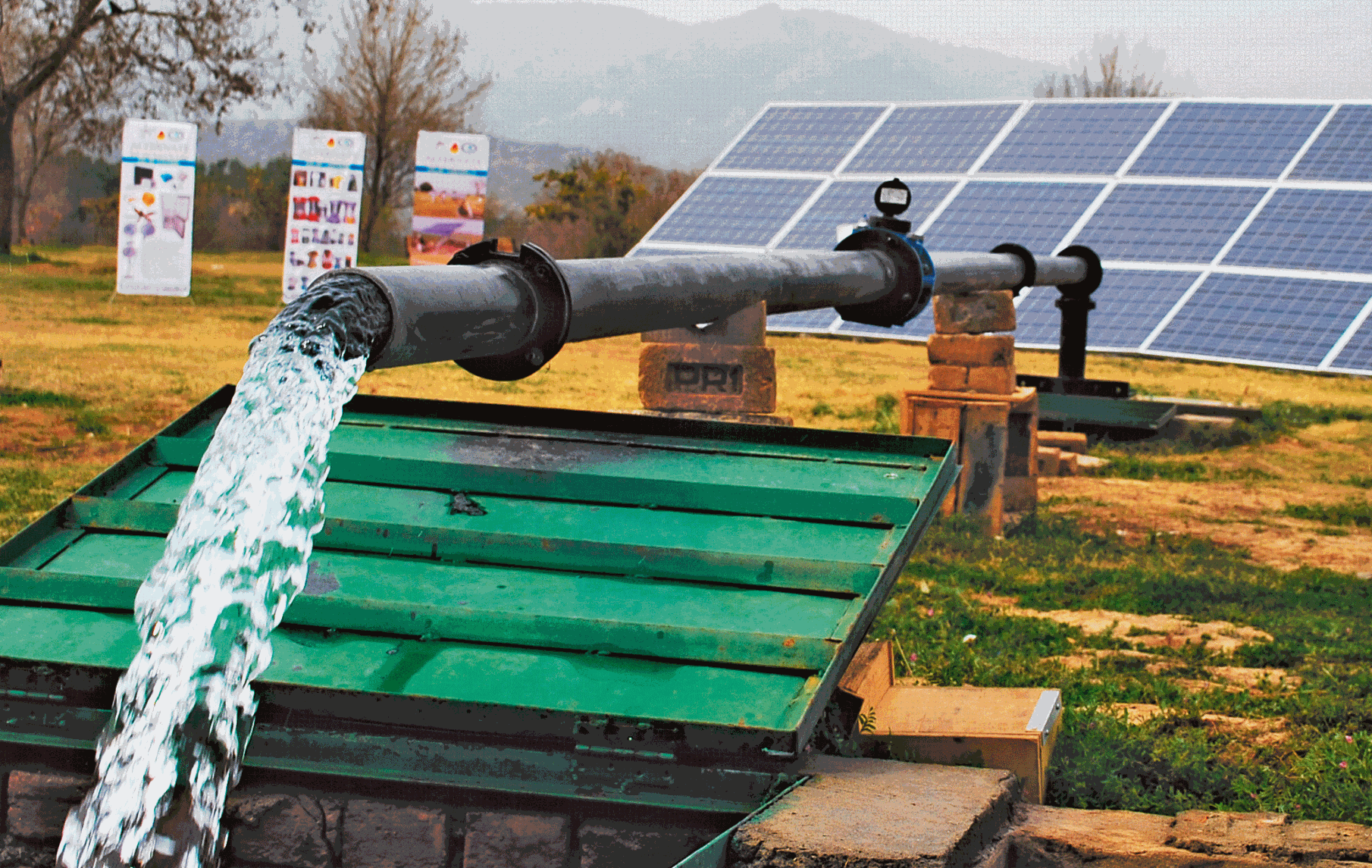
The asset-backed nature of sukuk has emerged as a rival to conventional financing of large infrastructure projects, together with the principle of shared business risk. But there are also other reasons: In developing countries, especially in central and South East Asia, the private sector either lacks the means to undertake these projects or is not attracted by low returns over a long period.
Thus, the state has to undertake these projects in order to create an environment suitable for growth and development.
“The asset-backed nature of Islamic financing provides a better funding match for infrastructure projects than traditional lenders, such as banks,” says Standard & Poor’s credit analyst Allan Redimerio.
Other options
“With the outlook in global lending markets still uncertain, conventional financing such as bank funding might not be able to completely shoulder this huge financing task. We believe alternatives, such as Islamic finance, could play a key role,” Redimerio noted in S&P’s Islamic Finance Outlook for last year’s fourth quarter.
Adding to this, sukuk investors typically have an appetite for longer tenors and prefer stable and predictable cash flow — traits typically associated with infrastructure projects.
“It is estimated that Asean [Association of South East Asian Nations] countries will require infrastructure investments of $60 billion (Dh220.32 billion) annually for this decade alone,” Asean Secretary General Le Luong Minh tells GN Focus.
“Governments in the region will spend between 1 and 3 per cent of their GDP on infrastructure investment. One source of funding is the Asean Infrastructure Fund. Other sources of funding could also be tapped from the domestic capital market, public-private sector partnerships, international financial institutions and external partners.”
To support this, the Asian Development Bank has additionally set up the Islamic Infrastructure Fund to make strategic Sharia-compliant investments in infrastructure projects in countries such as Afghanistan, Azerbaijan, Bangladesh, Indonesia, Kazakhstan, Kyrgyz Republic, Malaysia, Maldives, Pakistan, Tajikistan, Turkmenistan and Uzbekistan.
Key funding source
In the UAE, Islamic banks have always played a major role in financing infrastructure projects, says Hussain Al Qemzi, CEO, Noor Islamic Bank. “Islamic financial instruments have the potential to become a key funding source for the nation’s infrastructure needs,” he adds.
The Dubai Civil Aviation Authority broke the mould in 2004 by going down the sukuk route instead of conventional finance by issuing a $1-billion sukuk, the world’s largest single sukuk issuance at that time. Over the years, many other sukuk have been used for infrastructure projects, such as roads, water networks, telecommunication and airport expansion by the government and government-related companies.
More than 800 sukuk at a combined value of $64.4 billion have been issued between 2001 and 2012 for infrastructure projects in Malaysia (76.3 per cent), the UAE (11.4 per cent), Saudi Arabia (10.3 per cent) and other countries (2 per cent), for building roads, bridges, ports and railways and maintaining key utility infrastructure. Recent infrastructure projects financed via sukuk include Malaysia’s Plus Berhad record infrastructure sukuk at $9.7 billion for highway construction, Indonesia’s PT Indosat’s $31.4 million for telecommunication towers and Pakistan’s Foundation Wind Energy’s $20.5-million sukuk to finance renewable energy projects.
Dubai will be one of the next big issuers: the Dubai Electricity and Water Authority is planning to issue an Islamic bond worth around $1 billion during the first quarter this year to refinance and expand its ever-growing network, says CEO Saeed Mohammad Al Tayer.








